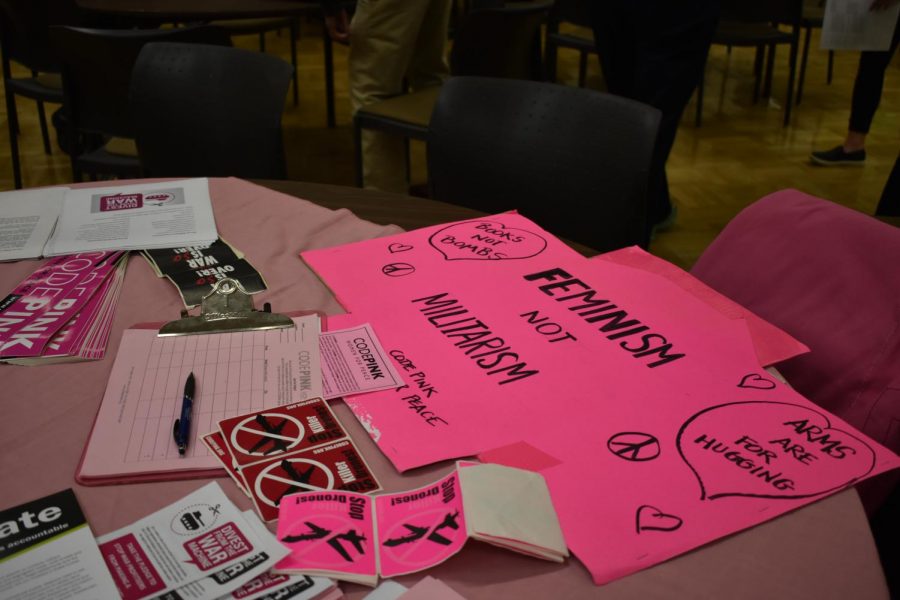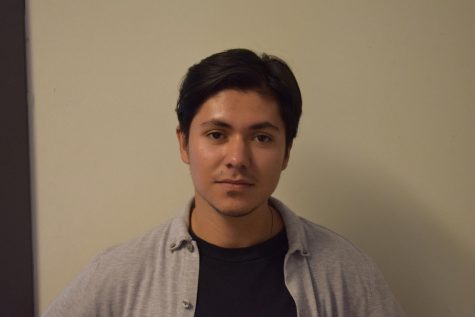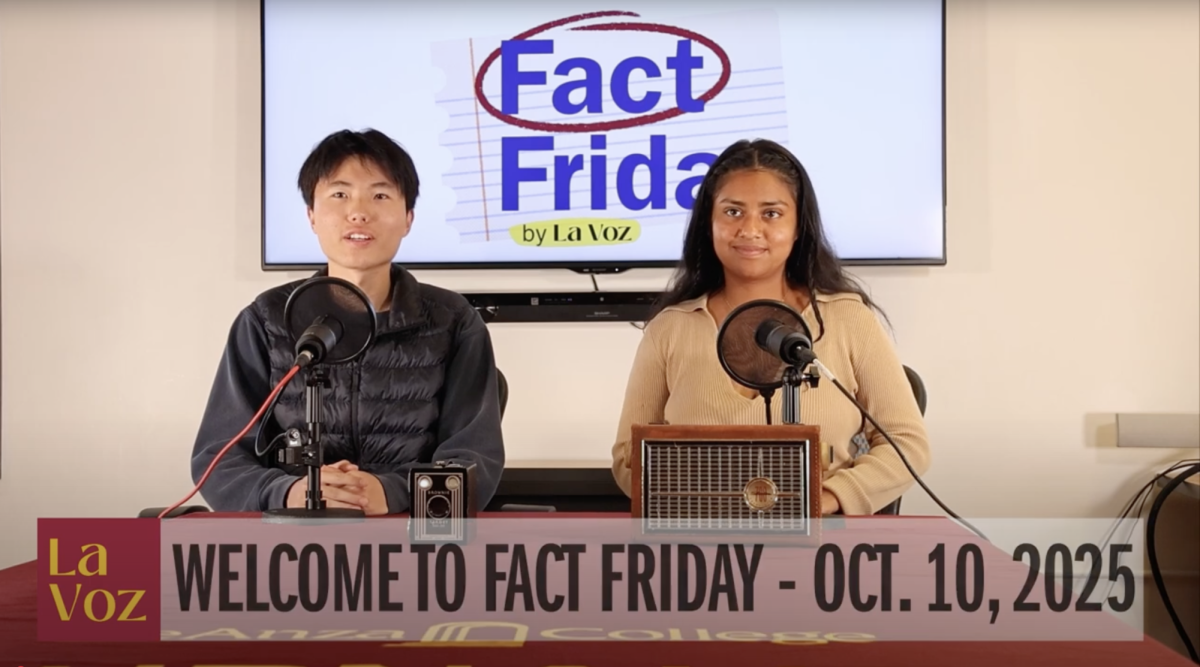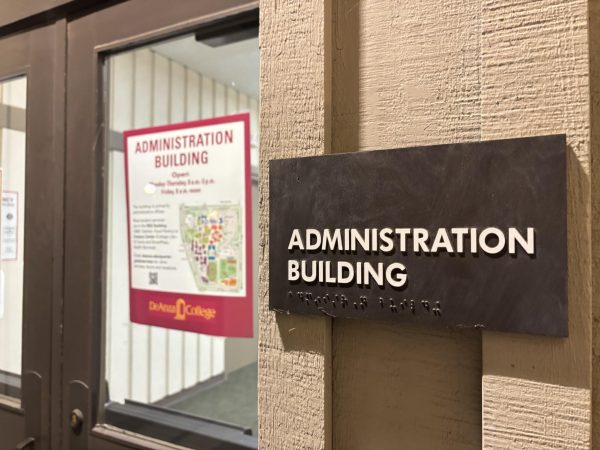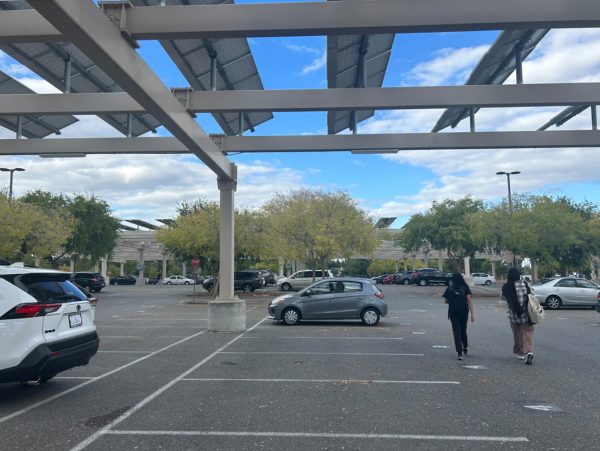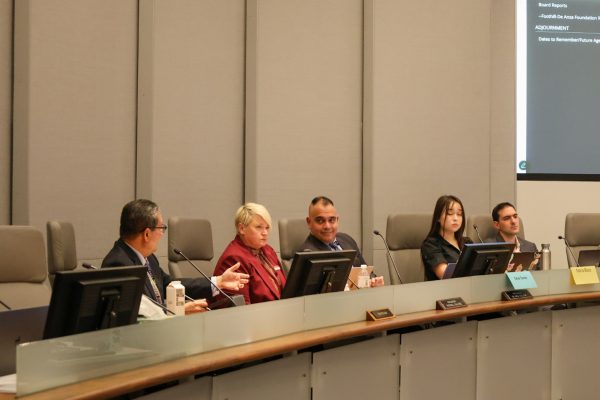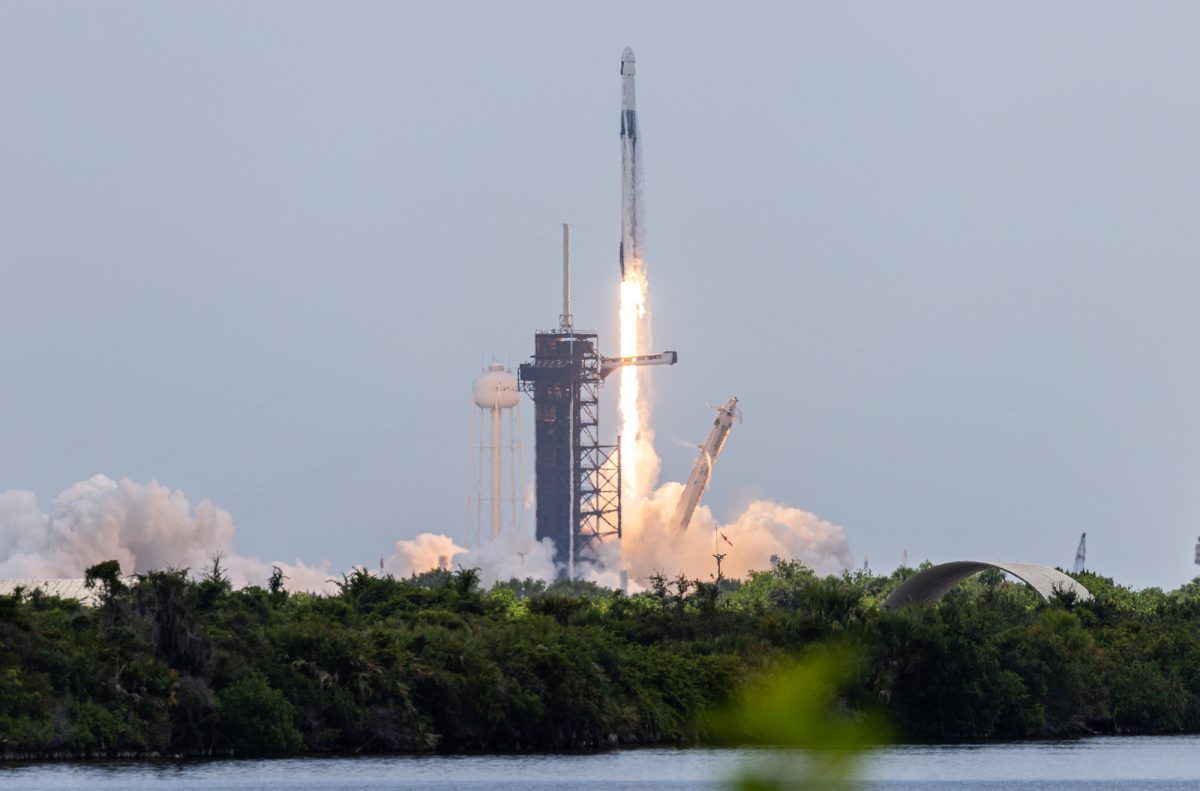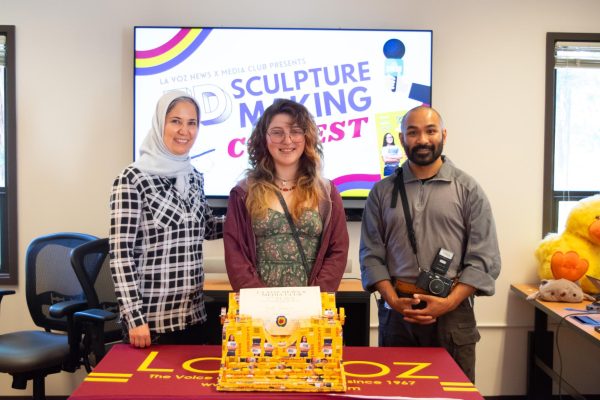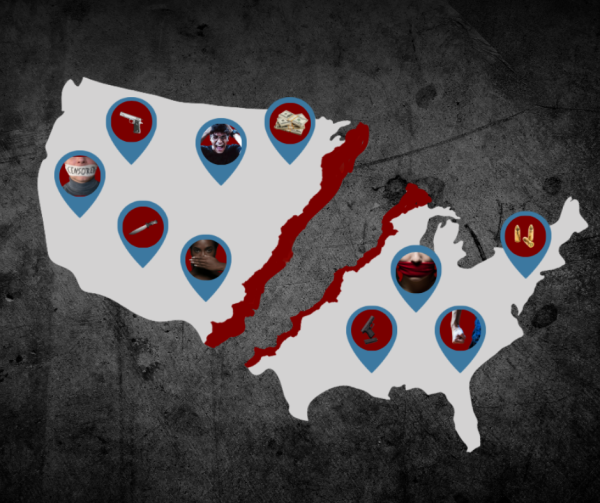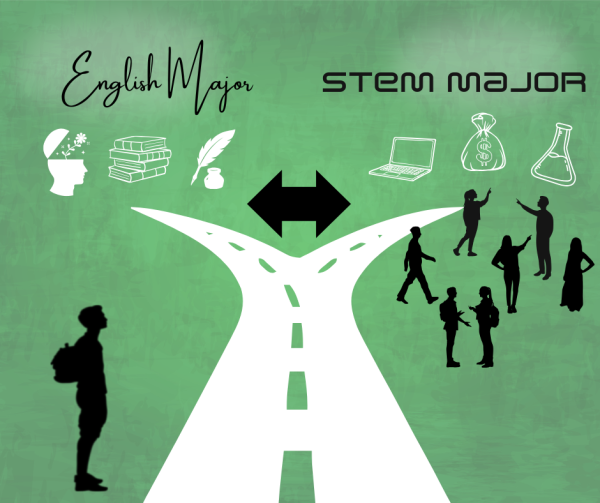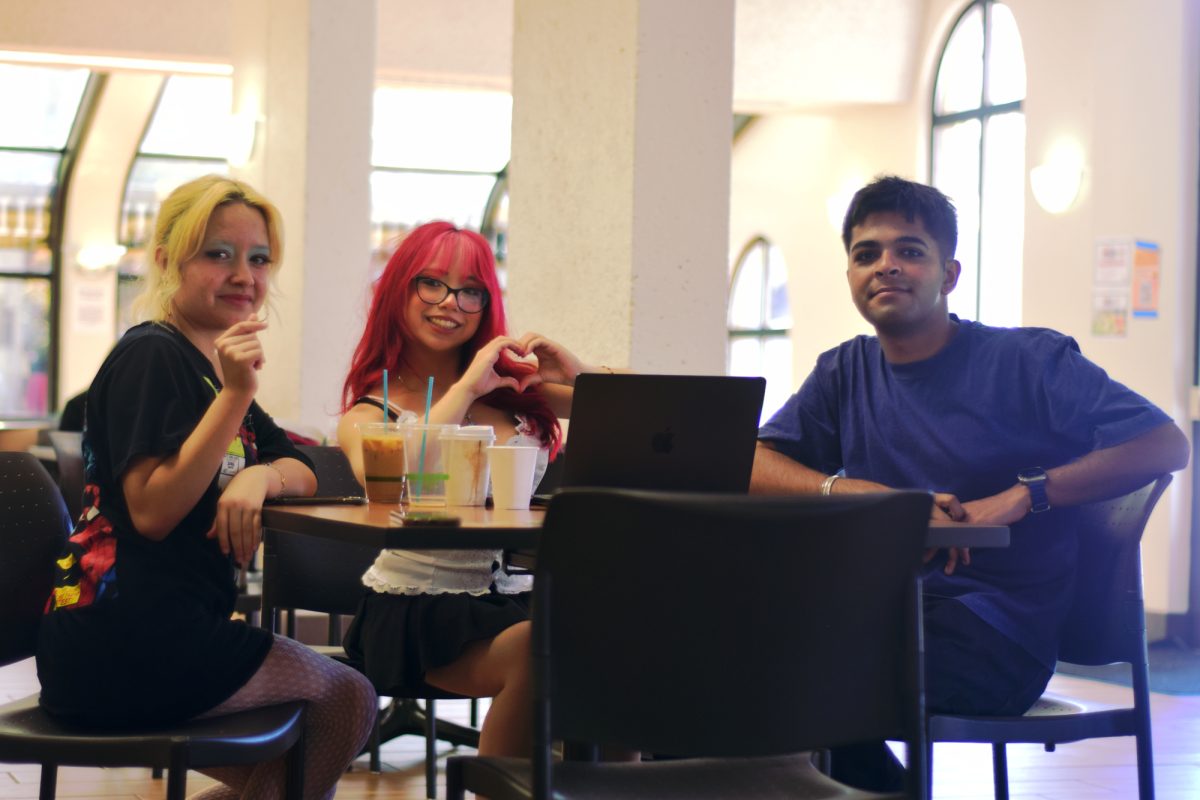Activists encourage divestment from “war machine”
A poster opposing military interventionism from the Divest for Justice – Invest for Impact Community Forum on Monday, Feb. 26 at De Anza College
March 4, 2018
The death of an innocent person could be as easy as making a simple deposit.
This was a highlight from the Divest For Justice, Invest For Impact Community Forum and Workshop that took place at De Anza College on Feb. 26.
The forum brought leaders and activists of several grassroots organizations fighting social and environmental issues in the government ranging from fossil fuels and healthcare to the Israeli occupation of Palestine. Nouri helped organize the panel of five to have a discussion with students and concerned citizens to help spark change.
“We have another way of influencing them [politicians] indirectly, changing corporate policy is useful in some way, but we can also use changes in corporate policy to influence government policy,” said Noam Perry of the American Friends Service Committee.
Perry explained how the people can use capitalism in their favor through divestment decisions. Linval DePass from the Jewish Voice for Peace singled out politicians in being the main problem when representing the people. “It should be divesting from financial support for our representatives in Congress,” DePass said.
“The ultimate goal with divestment, is reinvestment in clean energy, efficient mass transit, a sustainable environment,” said Jackie Tonkel, leader of Code Pink a women-led organization who support the divestment from militarism and the investment to education and healthcare. “We need to change out who’s in our government,” Tonkel said. “We’re all trying to push culture towards a sane existence, which is not where we’re at right now.”
The main obstacle to making change is that money does talk in Capitol Hill. A problem big cities have when trying to divest their money is that they don’t have many investments options except for
big Wall Street banks, said Susan Harman of Commonomics USA.
But, there is an alternative that could fix this problem.
“The solution to that problem is a public bank or a network of public banks, and that seems to be where we are heading right this minute,” Harman said. She said taking control of money and investments and keeping it local within one’s city could create a society where banks don’t control the social classes and standards, but rather the people do.
“Banks create money and I want us to have that power, not Wall Street because they don’t use it for good,” Harman said. Taking control of your money is a change and a risk frightening and difficult to many people. But it doesn’t have to be. “You’re going to make a much bigger difference putting a thousand dollars down for a kickstarter that creates a new energy solution rather than putting 10 times that for a machine,” said David Elliston, founder of the CleanMoney.us website where they provide assistance in making socially and environmentally responsible investments.
“It’s really exciting to get excited about what you’re investing in,” said Elliston. “I want to prefer companies that are more efficient in their use of water.”
What followed the forum was a workshop where tables were set out so the panelists could interact with audience members and brainstorm solutions to the many issues they’re trying to solve.
“If I met the highest executive in any of these oil industries, I will ask them if they have children, and what kind of world they think their children’s children are going to live in?” Nassim Nouri asked.
“We still call it a defense fund, we’re not defending ourselves. This is an offense fund. It’s a war machine.”



